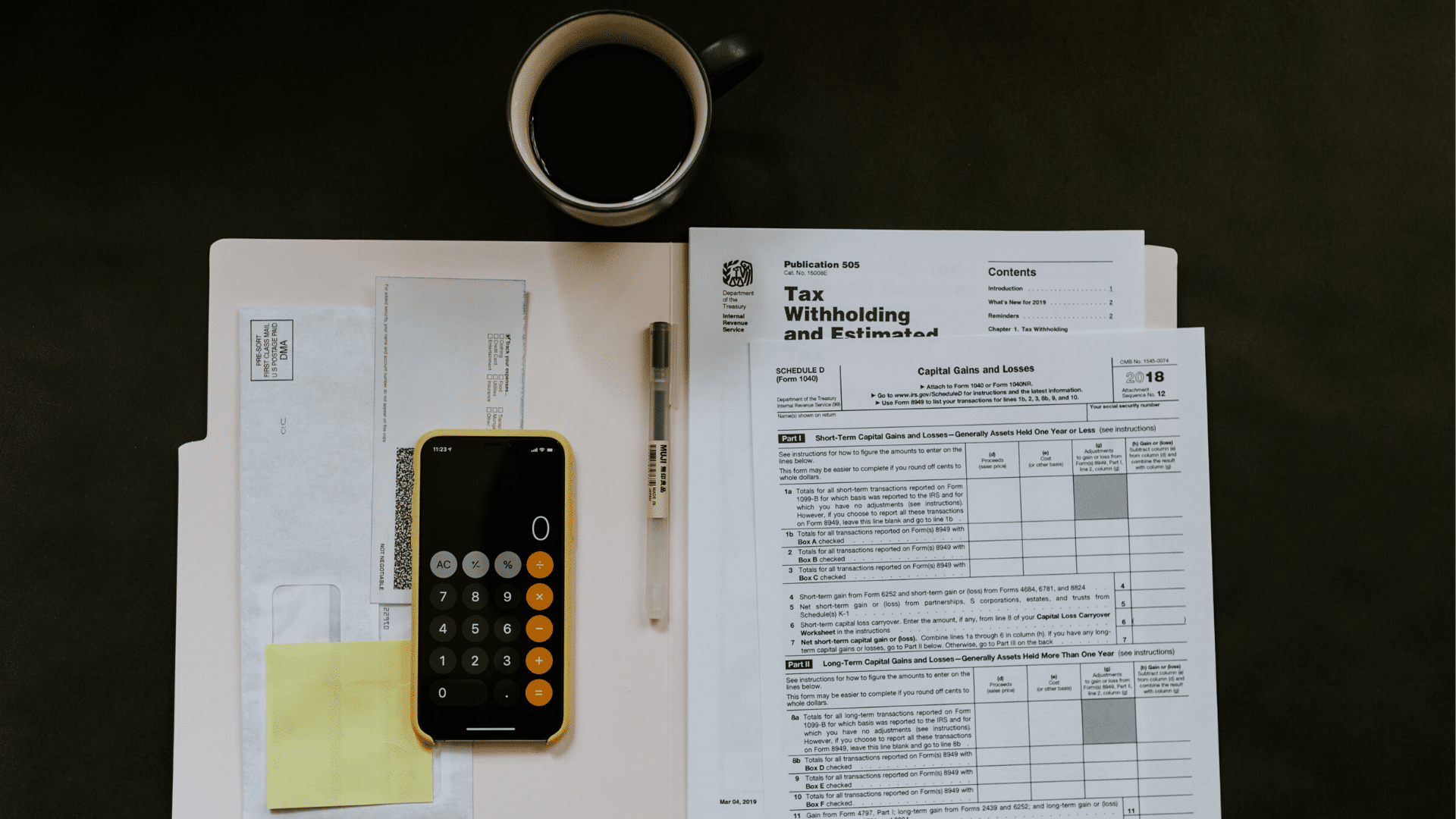
Consumer debt in the US is climbing rapidly. A 1.1% growth to $14.3 trillion in Q1 of 2020 places the total debt higher than its previous peak of $12.68 trillion in Q3 of 2008. This growth may not be directly tied to the pandemic, but it does represent a large problem as a recession looms. Our teams have the ability to see some patterns and trends that arise in our repayment plans and consumer payment habits amidst these changes. Business partners span several verticals, and our data represents a broad spectrum of consumers in debt.
A (not so) unexpected trend
In a typical year, like many other collection agencies, we see the highest volume of debt repayment when consumers use any tax return to pay down existing debt—February to the beginning of April. This year, however, an unexpected spike in late April and May dwarfed our Year Over Year trend thanks to the CARES Act stimulus checks.
To put this into perspective, Americans received the first major wave of CARES checks on April 15, 2020. On that day, debt repayment volumes were 22% higher than on February 26, 2020, the first-day that tax refunds were disbursed by the IRS.
The higher volume of payment plans created and money spent were matched by an exponential increase in inbound consumer engagement, both over the phone and through our online portal. TrueAccord wasn’t alone in this trend either. Consumers flooded major debt collection agencies, who saw 2.5 times the inbound call volume and 2 times online traffic compared with a regular April day. TrueAccord’s CEO, Ohad Samet, had this to add:
We are actually not surprised by this. Borrowers that we work with are in a state of financial uncertainty most of the time, so crises like this are unfortunately not far from the norm for them. A sudden inflow of cash like a tax refund or a stimulus check is an opportunity to get on more sound financial footing by paying off debt.
When they do have money, they go to brands they feel an emotional connection to, and TrueAccord has spent years building a reputation as a trusted partner for consumers in debt. That’s why we’re seeing an unusual surge.
The COVID-19 pandemic has impacted the global economy in unprecedented ways, but there is still some data that helps us understand what consumer spending habits can be expected in a recession. Maintaining communication with consumers affected by the pandemic and helping them to navigate this complex financial crisis is a necessary process.
Options empower consumers to pay when they can
Several states like Nevada and Massachusetts are restricting debt collection practices in an effort to stop collection calls during a time of potential sickness or unemployment. However, as Samet mentioned, debt collectors regularly encounter consumers who are going through hardships that often lead to their indebtedness.
During times of financial stress, it is equally important that we provide consumers options and tools to manage their accounts as they see fit and when they are able based on their personal situation. As evidenced by the sheer volume of payments submitted in our system after consumers received their stimulus checks, consumers desire to pay down their debts when they have the financial ability to do so.
There are many resources available for consumers that are experiencing hardships, and we want to empower consumers in debt to get back on their feet. Kelly Knepper-Stephens, VP Legal & Compliance, explains:
As a collection agency, we can help by providing consumers with the ability to self-serve using tools that offer flexible options including non-payment options, such as options to dispute, apply for hardship, stop phone calls, or unsubscribe to emails. Consumers appreciate the opportunity to make all these decisions when they have the time and ability to do so, which is why it is critical to be able to provide consumers with 24-hour self-service options.
Empowering the consumer with these choices and with the ability to communicate in the manner they prefer (which may or may not be over the telephone) can bring relief about existing obligations during a stressful time. A lack of options can feel restricting and stressful, and our data supports the power of choice.
Want to see how a digital platform can improve your consumer engagement? Reach out to us for more information!
